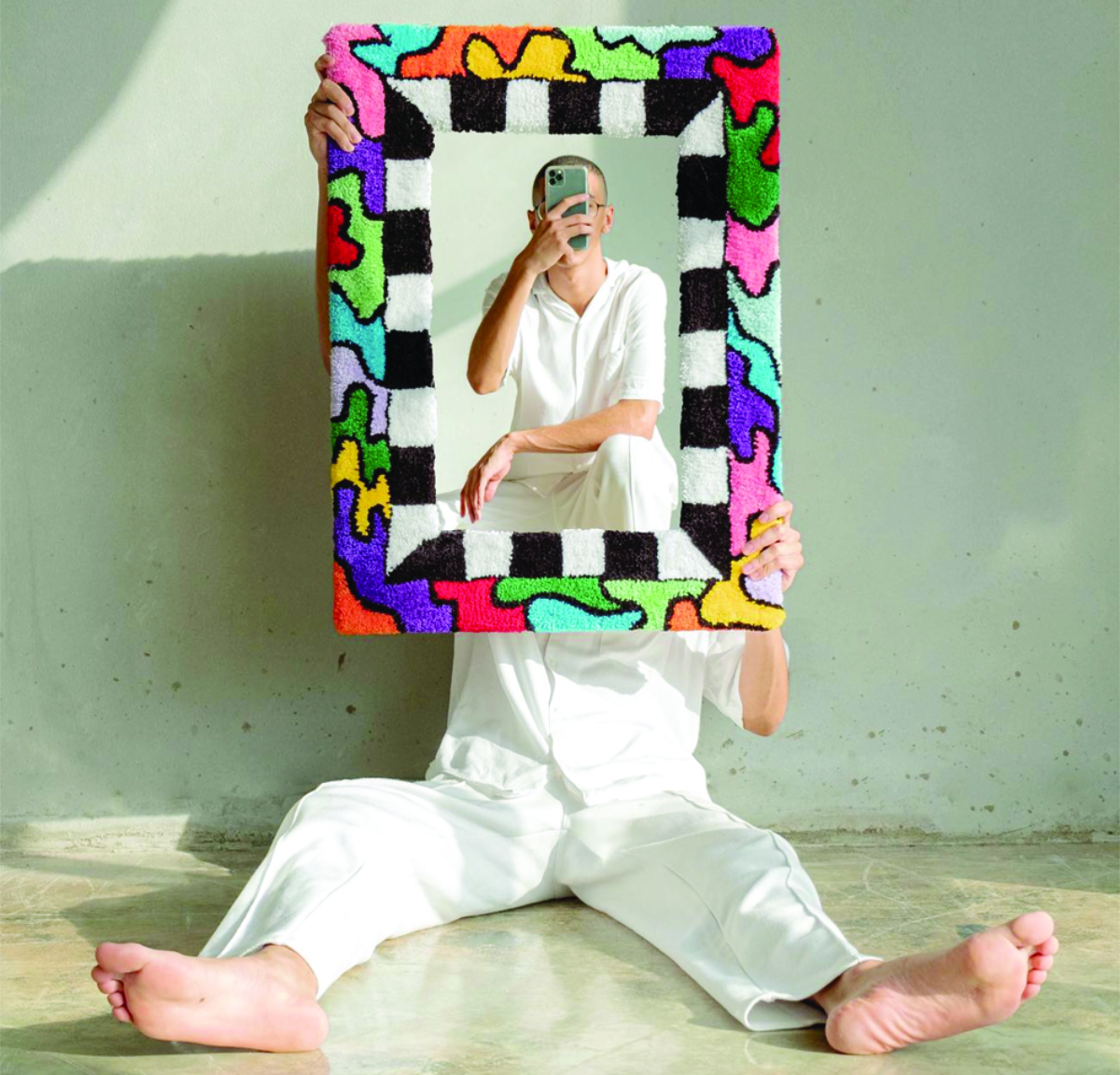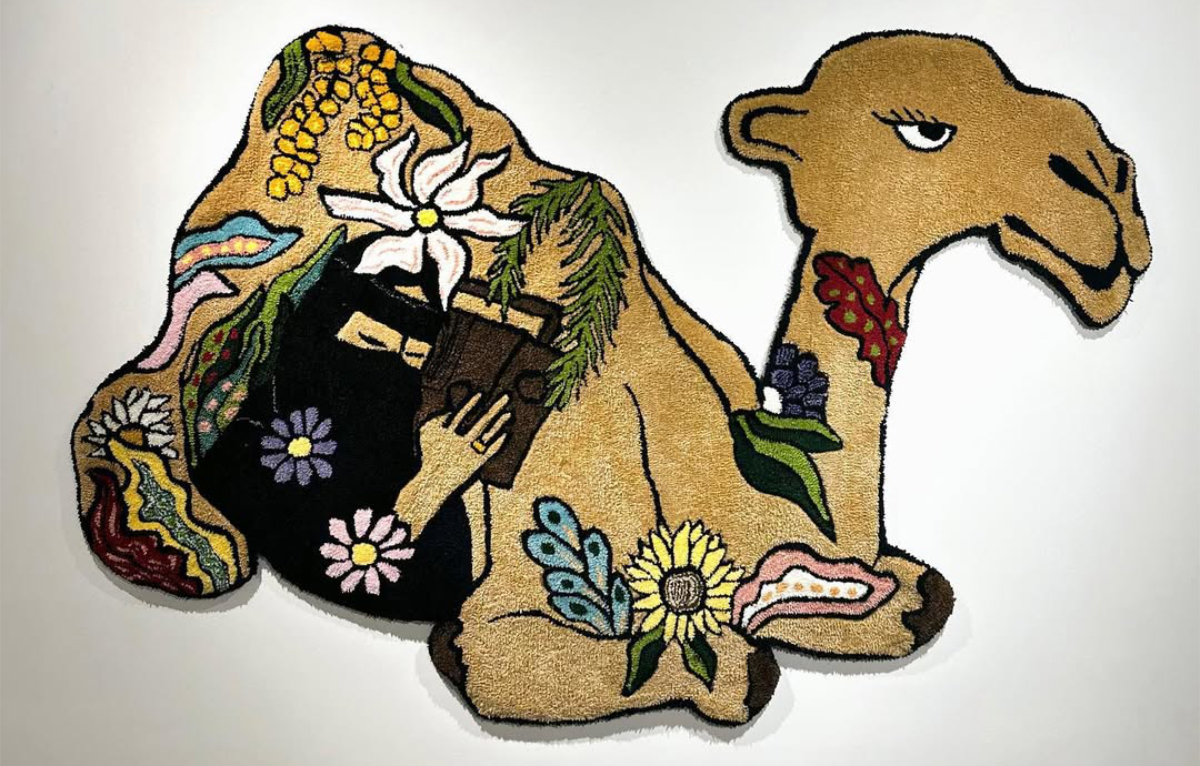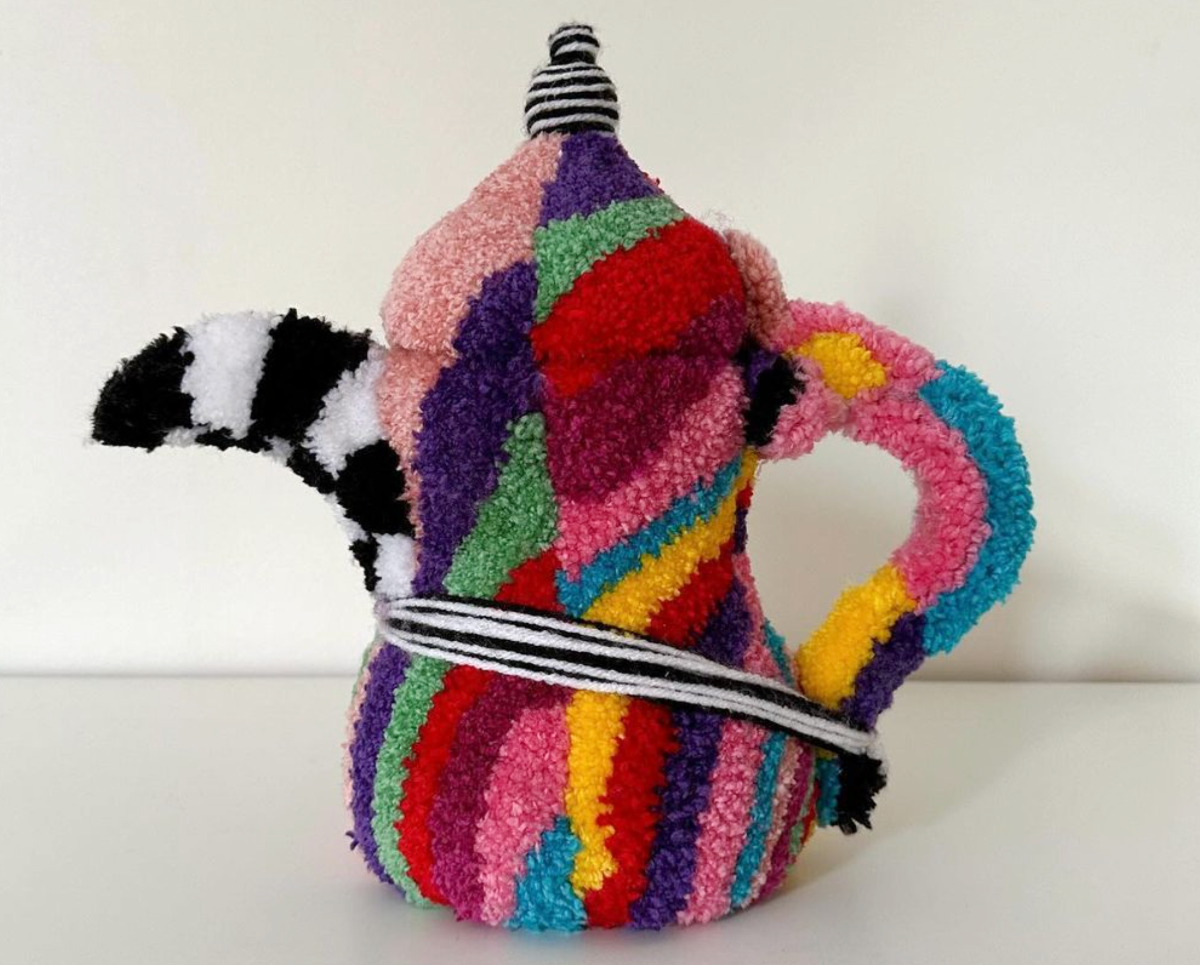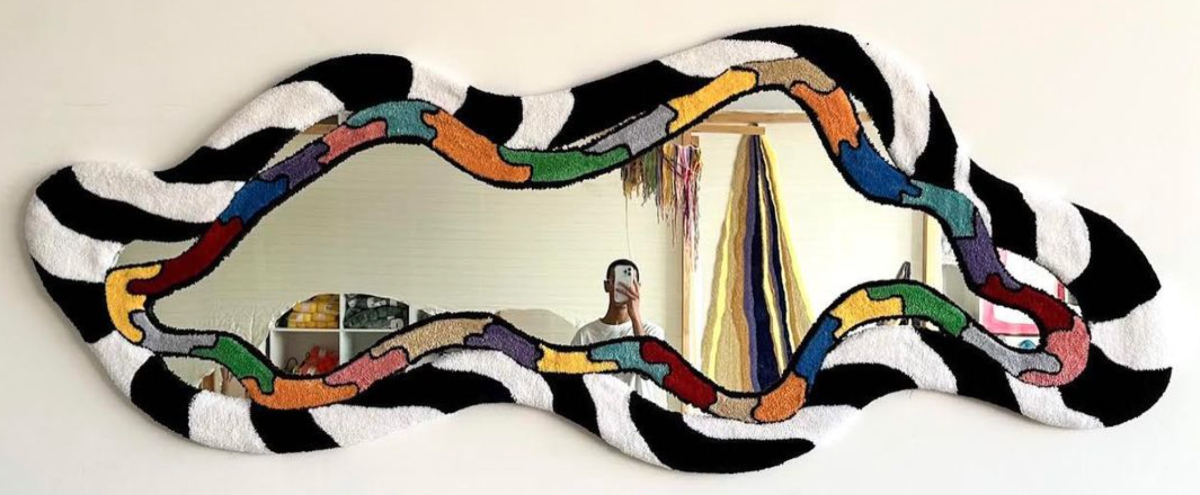JEDDAH: Preventing food waste can be made possible through greater adoption of affordable and user-friendly technologies, best practices initiatives, and more awareness campaigns, experts who met at a recent virtual awareness meeting have said.
The academics and specialists agreed that Saudi Arabia should implement new initiatives to combat the rising challenge of food waste and loss effectively.
Titled “Stop Food Waste,” the virtual event was organized by Saudi Platform in cooperation with Vision Platform. It revealed that more than 33 percent of food is wasted in the Kingdom, which costs Saudi Arabia around SR40 billion ($10.66 billion) annually.
Najah Al-Omari, an international trainer and family counsellor, presented a video about recycling plant waste. Citing Qur’anic verses, she explained the difference between loss and waste and highlighted the importance of preserving food.
She presented a group of slides about Saudi citizens’ consumption of food compared to global consumption rates.
“The comparison between food waste rates reveals shocking numbers, after local waste exceeded global levels by a large margin,” she said.
Al-Omari presented a set of instructions on preserving food, reducing food waste, and achieving sustainability, and noted the extent of the impact of food waste on individuals in particular, and the country in general.
She also presented a set of practical solutions to stop food waste, some of which relate to the enactment of legislation.
Al-Omari discussed how specialized charitable organizations play a role in treating the impact of loss and waste.
Fahd Turkestani, an environmental expert, confirmed that such awareness meetings spread the culture of preserving grace and awareness in society.
He said: “In France, they ask the customer to take his or her leftover food with him (or her); and in Italy, they have put in place binding laws to limit waste. In Britain, the first supermarket was opened for leftover food.
“A restaurant in Chicago refused to use the waste bin for two years, forcing customers to consume all their meals; and in Denmark, the country succeeded in reducing food surplus by 25 percent, within five years, thanks to effective awareness programs.”
Turkestani called on the Saudi authorities to enact strict laws, including fines and penalties, to combat waste.
Meanwhile, Nouf Halawani, director of social responsibility projects at Savola World, reviewed the experiences and practices in the Kingdom during the past years. “New technologies are needed to reduce food waste,” she said.
Abdullah Osama Filali, chairman of the board of directors of the Hefz Al-Nema organization in the Makkah region, highlighted effective initiatives undertaken by the association to reduce waste, which included making agreements with hotels, restaurants, and wedding halls, to take surplus food, package it, and distribute it to the needy.
He pointed out that 800,000 meals were distributed during the year, benefiting needy families, after recycling and investing surplus food in these areas.








































